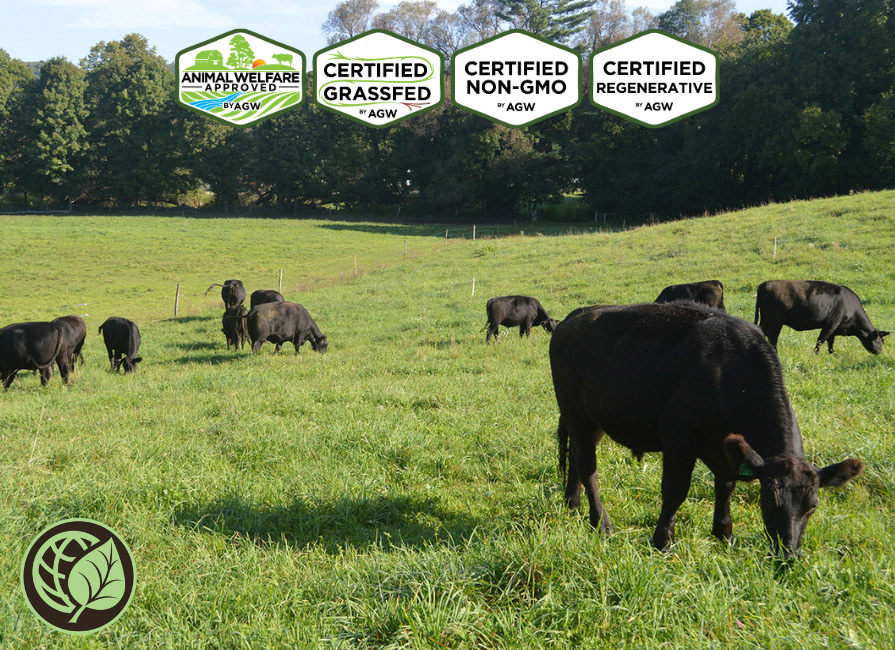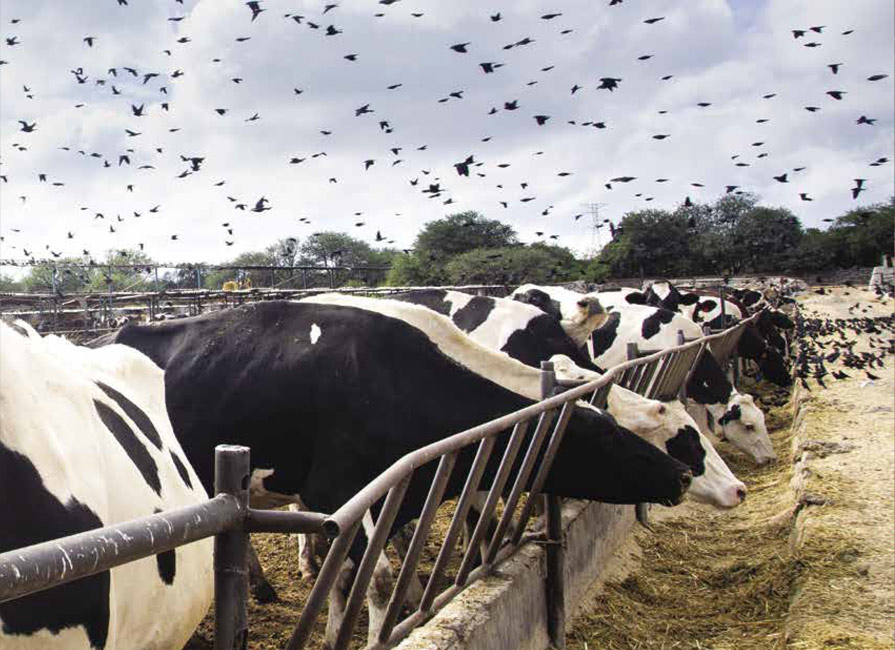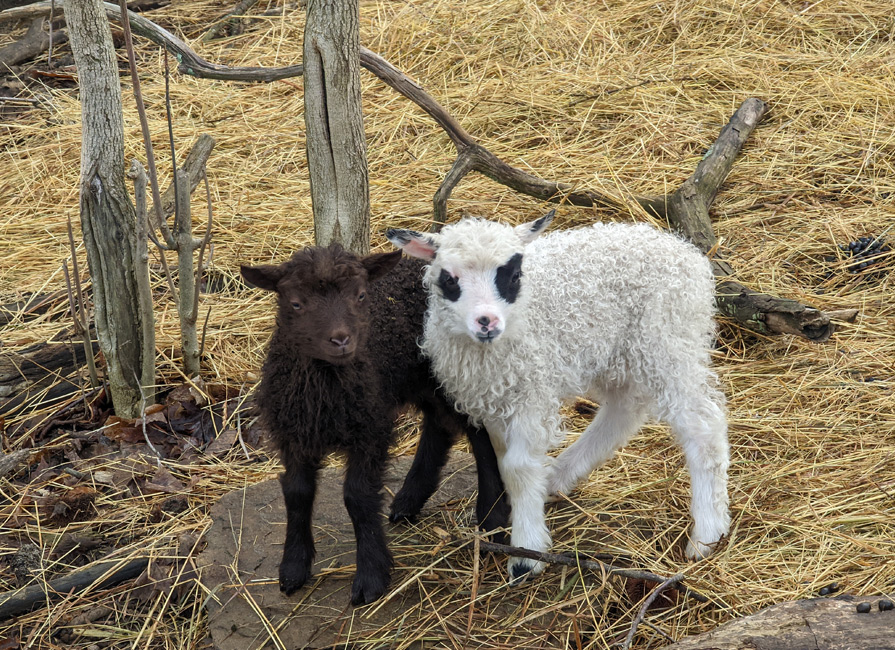I read Michael Grunwald’s recent New York Times Opinion piece, Sorry, but This Is the…
10 Reasons Why Big Ag Shouldn’t Use Antibiotics
Forgive me if the U.S. Food and Drug Administration’s recent announcement to control antibiotic use in food animals didn’t have me reaching for the Champagne.
For while the FDA’s recommendations to phase out the use of antibiotics as growth promoters and proposal to require veterinary approval of all antibiotic use on farms sound like a good idea, their voluntary nature will result in nothing more than business as usual when it comes to farm antibiotic abuse. Call me a cynic, but leopards don’t readily change their spots. For years, food animal industry lobby groups and drug companies have aggressively denied any link between antibiotic use in farming and antibiotic-resistant bacteria. Yet the very same groups have all publicly welcomed the FDA’s recommendations. Why? Because they know they are wholly inadequate.
I won’t go into the limitations of the FDA’s proposals here, as several respected commentators have already done a very good job of that. But suffice to say that despite decades of mounting scientific evidence that the routine non-therapeutic use of antibiotics on industrial farms is leading to the development of life-threatening multiple antibiotic-resistant bacteria, the end result is nothing more than a strongly worded FDA “recommendation” for action, without any mandatory requirements or enforcement measures to stop the intensive farming industry from putting profit ahead of human health. The same old abuse of these life-saving medicines will continue on industrial farms across the U.S., just under a slightly different guise.
So why should you care? Here are 10 things we all need to think about before we allow Big Ag to continue squandering antibiotics in food animal production.
According to the U.S. Centers for Disease Control and Prevention, at least 2 million Americans are infected with antibiotic-resistant bacteria every year, and 23,000 will die as a result.
1. There are two major factors driving the dramatic rise of antimicrobial resistant diseases. First, we’ve become too complacent about eating food from animals routinely given antibiotics. Second, we take far too many antibiotics when they are not actually needed.
2. We’re embroiled in an apparent “war” against bacteria, with antibiotics routinely given to livestock, the inappropriate prescription of antibiotics in humans, and the widespread inclusion of antibacterials in toothpaste, soap and even clothing. But all we’re doing is encouraging antibiotic-resistant bacteria.
3. It might surprise you to know that we each carry more than 4 pounds of friendly bacteria in our gut. The number of bacterial cells in and on our bodies (about 100 trillion) outnumbers the number of human cells by a whopping 10 to 1. These organisms play a vital role in maintaining our health and without them we’d be dead.
4. We need to trust our natural immune systems to protect us from disease, resorting to antibiotics only when absolutely necessary.
5. When it comes to antibiotics in farming, we use more antibiotics per pound of meat produced than any other nation in the world. A staggering 80% of all antibiotics produced in the U.S. are used on food animals.
6. It is widely accepted that disease outbreaks are inevitable in the cramped and stressful conditions found on most factory farms. But instead of improving conditions, the animals are given low or “subtherapeutic” doses of antibiotics in their feed or water, whether they need them or not, to prevent disease and maximize productivity. For example, most chicks receive two antibiotics, lincomycin and spectinomycin, for the first few days of their lives because they are forced to live in environments where respiratory diseases would otherwise be inevitable. In other words, intensive livestock systems are actually designed around the routine use of antibiotics. It’s the only way to keep the animals alive and growing.
7. In June 2013, Consumer Reports found potential disease-causing organisms in 90% of ground turkey samples purchased from stores nationwide. Many of the bacteria species identified were resistant to three or more antibiotic drug classes.
8. While good food-hygiene practices are essential when handling and cooking raw meat, an accidental spill in the refrigerator can now result in potentially untreatable, yet entirely preventable, life-threatening antibiotic-resistant diseases. Safe handling instructions must never be used to justify farming systems which actively encourage antibiotic-resistance or to absolve companies of any responsibility for the illnesses or deaths that result.
9. The major meat industry bodies claim there is no conclusive scientific evidence that antibiotic use in farming contributes significantly to an increase in antibiotic resistance in humans. However, the Centers for Disease Control and Prevention doesn’t agree and is calling for the responsible use of antibiotics, where “These drugs should only be used to treat infections,” whether that’s in humans or animals.
10. When it comes to the responsible use of antibiotics in farming, the U.S. livestock industry is already years behind the European Union, where antibiotic use on farms is strictly controlled. Europe’s livestock industry survived this change without any dramatic reduction in efficiency of meat production and the cost of food in Europe didn’t skyrocket as a result. So why not here? New legislation — The Preservation of Antibiotics for Medical Treatment Act of 2013 (PAMTA) — would end the inappropriate and indiscriminate use of antibiotics in intensive farming in the U.S. Are your representatives supporting it?
This isn’t about blaming farmers and vets: They’re simply responding to the contractual demands of Cargill, Purdue, Tyson and others that dominate our food supply. No, this is about waking up to the real costs of so-called cheap meat. We’re talking about farming systems that are not only designed around the routine use of antibiotics to keep billions of animals in such abysmal conditions alive and growing, but which knowingly encourage the development of life-threatening antibiotic-resistant diseases.
I somehow doubt that any sane American would willingly allow the squandering of these potentially life-saving antibiotics simply for cheap meat. Because when you sit down and really think about a future where antibiotics will no longer be effective — and where common diseases such as strep throat may kill our loved ones unabated — there really is no such thing as cheap meat, is there?
Got you thinking? Animal Welfare Approved farmers only use antibiotics to treat sick animals, just as in humans. We also know that if farmers use antibiotics responsibly the risk of antibiotic resistance is absolutely minimal. The result? Pain and suffering in farm animals is minimized, the risk of disease is reduced, and the efficacy of antibiotics — for humans and livestock — is protected. You can find your nearest supplier at www.AnimalWelfareApproved.org.



